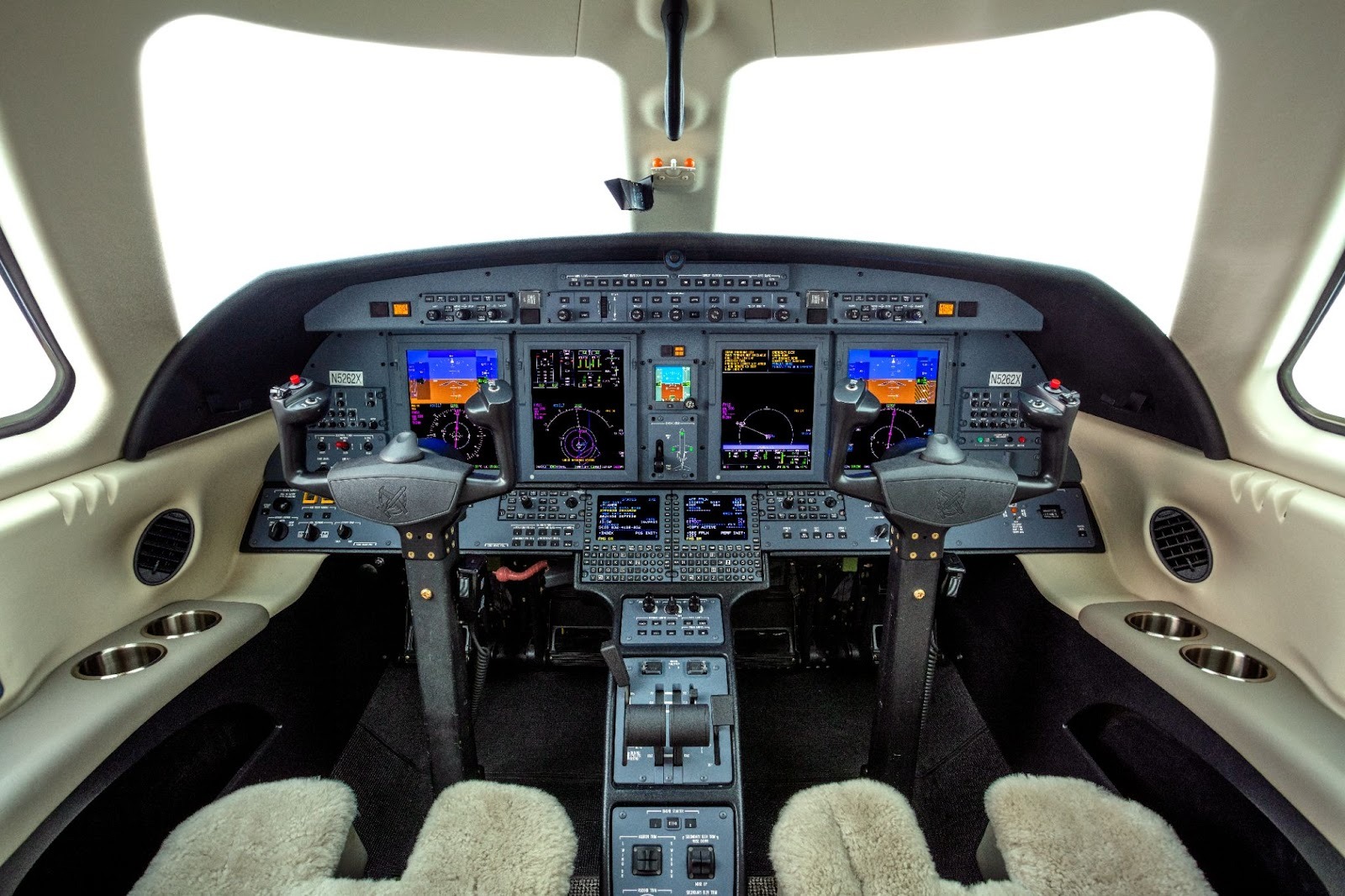Concerning private jets, a common misconception among people who need to become more familiar with them is that they are less safe than commercial airliners. In contrast, safety is undoubtedly the number one concern for any traveler, making it essential to know the reality behind private jets and how they operate. In the article below, we will outline the stringent safety standards, regulatory requirements, modern maintenance practices, and the experience of private jet pilots.

Unlike commercial airlines, where pilots constantly fly different aircraft, private jet pilots tend to fly just one type of aircraft. The same is true for the mechanics in charge of the maintenance of the plane, who know the jet inside and out.
Private plane makers build their aircraft to a high standard
Private jet manufacturers like Bombardier, Cessna, Dassault, and Gulfstream invest vast amounts of money to ensure their aircraft are safe. They use the latest cutting-edge technology that helps make their planes some of the most advanced in the skies.
Private jet charter companies take good care of their aircraft
Today's modern state-of-the-art private jets cost millions of dollars, and private jet charter companies want to keep their most valuable assets as pristine as possible. Private jet charter companies follow strict maintenance schedules mandated by the regulatory authorities. They also often participate in programs that impose rigorous maintenance compliance standards that ensure engine parts are replaced at set intervals. By doing this, private jet charter companies minimize and enhance the safety of their operations.
Private jet pilots have more flexibility
Unlike commercial pilots, who must stick to strict routes and timetables, private jet pilots have more flexibility. For airlines, it's all about getting from point A to point B most cost-effectively. Because of this, commercial airline pilots have little to no flexibility.

In contrast, if there are thunderstorms at your destination, private jet pilots can decide to land at an alternative airport to avoid them. Because airlines are kept to strict routes and altitudes, if there is turbulence ahead, they tend to fly through it rather than avoid it. Private jets can fly at much higher altitudes than commercial airliners, allowing pilots to fly above rather than through the turbulent air.
Private jet pilots are highly skilled
Because private jets operate from smaller airports with short runways, many private jet pilots undergo special training. Airport runways have three categories: A, B, and C. Category A runways are the easiest, while Category C runways only allow specially trained pilots to land there. Some examples of Catagory C runways are:
London City Airport (LCY) because it is a short runway surrounded by high buildings that require a very steep approach.
Innsbruck Airport (INN) has a short runway in a valley surrounded by mountains. Innsbruck is also prone to low-level wind shear and turbulence.
Santorini International Airport (JTR) has a small, narrow, sloping runway that requires a visual approach.
Private jets use a Fixed Base Operator (FBO)
FBO refers to a company that an airport has permitted to operate from it. While FBOs can operate from large commercial airports, they more often than not use smaller airports. An excellent example of this would be Teterboro Airport, across the Hudson River from Manhattan.
Compared to large commercial airports with multiple runways with planes landing and taking off non-stop, smaller private airports have far less traffic. This helps reduce the chance of accidents or runway incursions.

Large commercial airports are full of hundreds, if not thousands, of people, all standing and sitting in close quarters. FBOs, meanwhile, are open spaces with comfortable seating and plenty of room to move around. All you have to do is think about the COVID-19 pandemic and how much safer it is to fly from a FBO rather than from a commercial airport.
Safety in the air is another consideration. If you fly on a private jet, you will probably be alone with family or people you know. When you fly commercially, you are on a plane full of strangers. Unfortunately, "air rage" is a term we hear more often these days, and it is undoubtedly a safety concern. According to the Federal Aviation Administration (FAA), so far in 2023, there have been 1,670 incidents involving unruly passengers.
Paramount Business Jets
If you think that chartering a private jet is something that you are interested in, contact Paramount Business Jets. Debt-free and in business for over 18 years, safety is a hallmark of all trips arranged by Paramount Business Jets.
Every charter arranged by Paramount Business Jets undergoes a strict in-house comprehensive safety check. This includes operator certificate verification, aircraft maintenance records, crew experience, and proof of the correct insurance.
For more information, contact Paramount Business Jets at Tel- +1-877-727-2538 24/7 or visit them on the web at www.paramountbusinessjets.com.
Photos: Textron and Meridian FBO.








